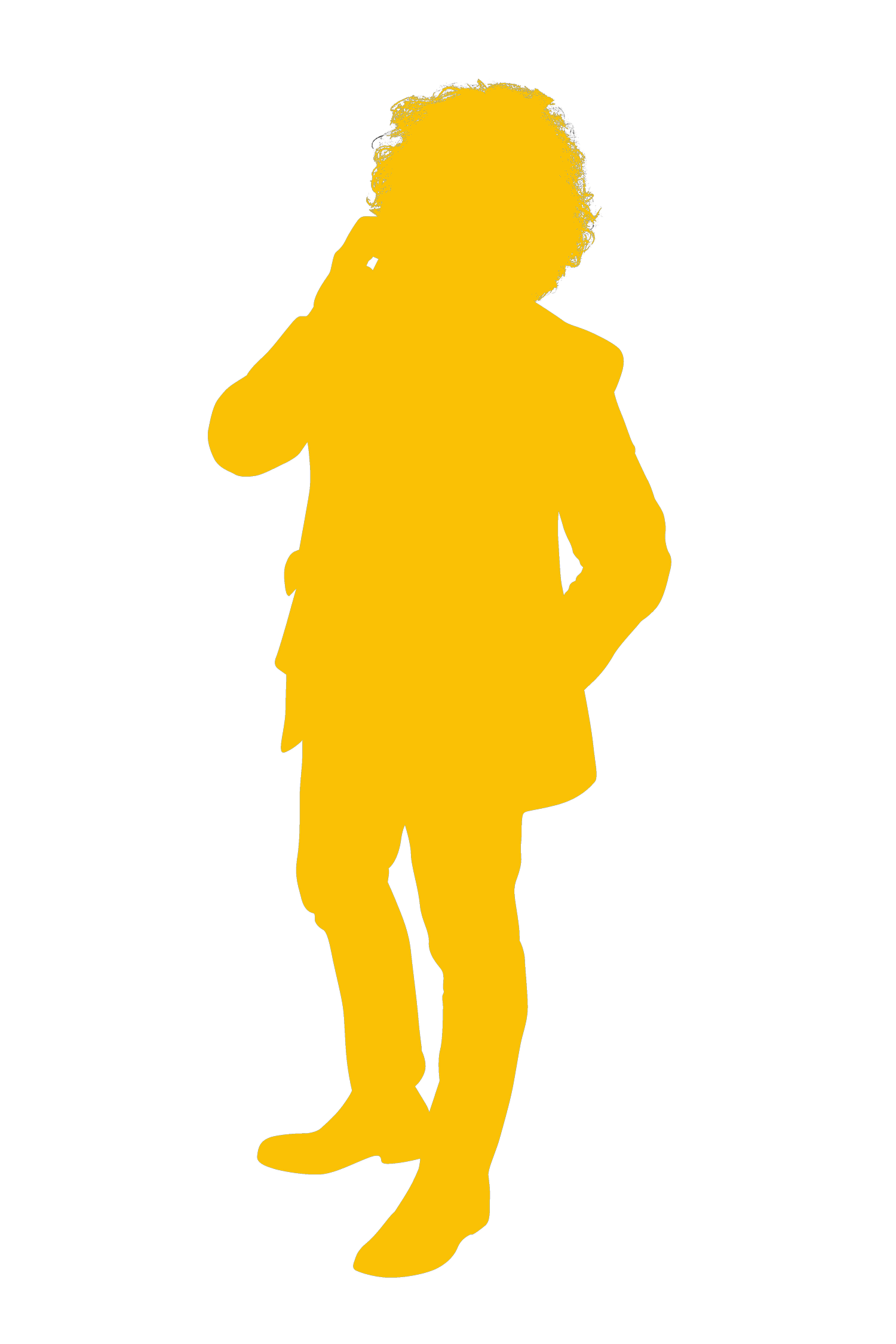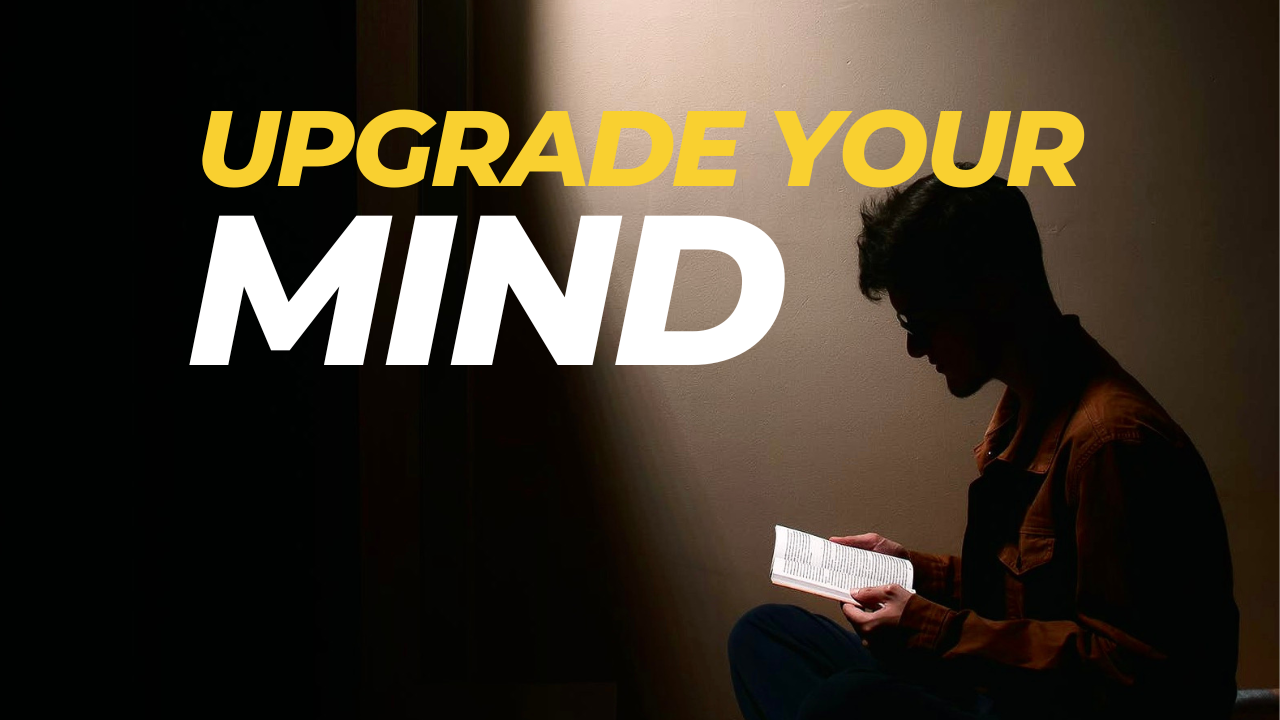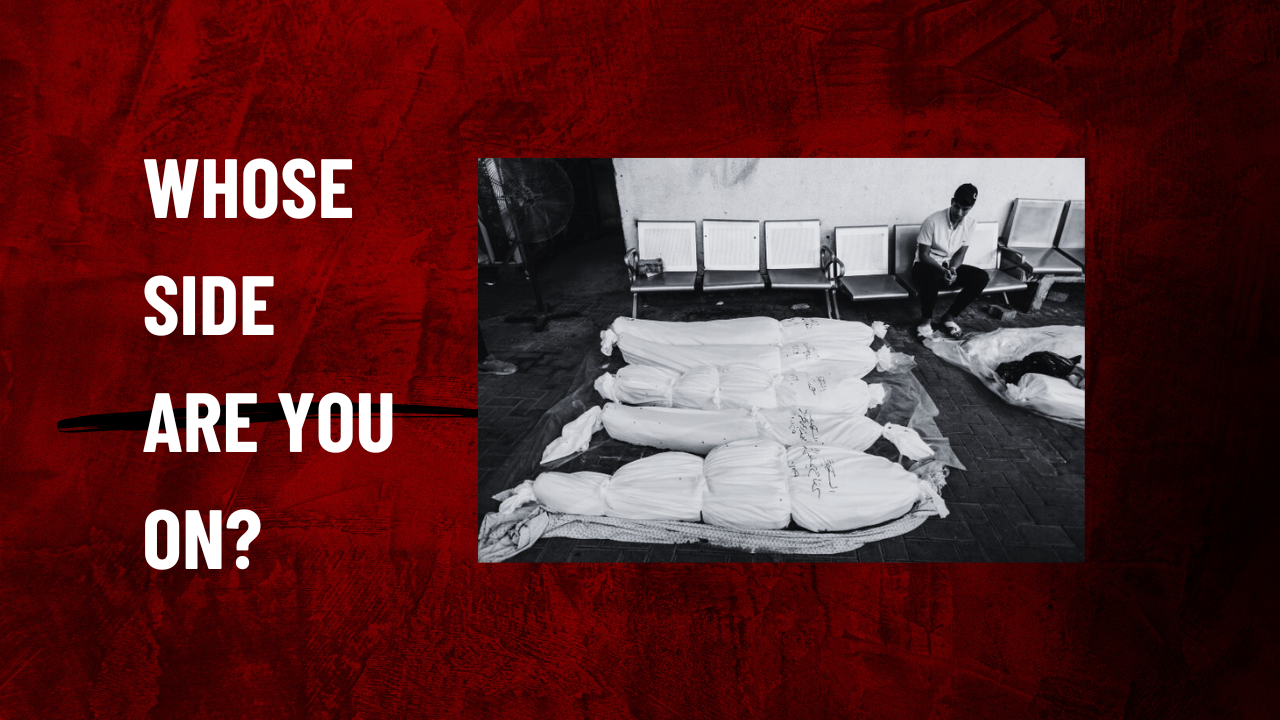Who Am I?
Tbilisiis a city that engages, arouses, shares and reveals many secrets. It is also acity and country that has been through huge identity change. Last summer, mywife and myself left our restored Tbilisi house in the morning to go for acoffee. We walked across our large ‘Ezo’ or yard and then through the old twistediron gate and then onto Ivane javakashvili street where we live and then walkedtowards the Marjanishvili Metro.
Thedust in the air, the relentless 41 degree heat and the neglected and crumblingbuildings in Tbilisi reveal a mixture of an uncaring communism regime and a coupleof generations that barely had two Rubles to rub together to live a life we inthe West would call a normal life.
Aswe walked along I noticed coming towards a lady not just walking towards asanyone walks along a street but more like someone looking lost. Looking lost inthe way that you keep stopping, looking around, up, down and other directionsto get your bearings or admire a city. She certainly wasn’t admiring anythingin Ivane Javakashvil street so I wondered if she was ok or just simply lost.
Thecloser we got to her and the closer she got to us my wife and myself hadnoticed more details. The woman was clearly very old, dressed in old clothesand slightly dirty clothes. Her pink silk blouse had a large unwashed stainacross the front as if she had split a drink down her top. Her old body had aslight curve and stoop to her back and shoulders but she walked fine despite thelack of speed or pace to the way she walked.
Justbefore as we got face to face the woman looked at us and spoke to us withoutany introduction.
“Noone speaks Russian here anymore,” complained the old woman.
InRussian, we replied to her with a very simple, “Are you ok can we help you inanyway?”
Theold lady smiled and was happy to hear the language of Russian being spoken inresponse.
“Youspeak Russian” she responded with a pleasant smile. “My name is Agrippina, I am92-years of age” And then she went on to tell us her story. Well, she told uswhat anyone could share in 5-five minutes or more.
“Todayis the first day I have left my house on Ninoshvili street for maybe 10-yearsor longer. My old husband died many years ago. Sadly I have buried my daughterand my three sons and my siblings all here in Tbilisi. I am all alone. Am I tosit and wait for death in a home that has lost its powers to give me life?” Thewoman asked us. She continued to speak as she looks intently into our eyes.
“Whydoes this street and all the other streets now have Georgian names? Why is itno one speaks Russian anymore? I remember the days when we were all Russia andI was an like an immigrant in my own country. I was born in Western Georgia, Imereti,Zestaponi. My father brought us to Tbilisi when we were children. I don'tremember the Russians arriving I only remember being Russia. Of course, it wastough especially in the later days before the Soviets collapsed but we lovedand were loved.
Yetmy life was Russian, my family spoke Russian, our food was Russian, oureverything was Russian yet my father always taught me I was Georgian blood andthat could and should never change. “Are you Georgian or Russian?”
Mywife replied that she was Tbilisian and her husband, me, was a Scotsman. Theold woman smiled and gave my wife a small kiss on her cheek. She held her handtight but not with a squeeze more with longing just to hold another person’shand.
Theold woman smiled and then slowly let her hand slip away from my wife’s hand.
“Iam lonely, my death is calling to me. Today I wanted to walk the streets of myown city before I went to meet death.” She continued to speak in Russian. Mywife changed her tongue and asked her in Georgian if she spoke Georgian? Thewoman replied that she is Georgian, she speaks Georgian and her spirit wasGeorgian. She just finds it easier to use the tongue she grew up speaking. Whenher father was not around she only spokeRussian. Her father refused to speak Russian and paid the price. He saw the Russiansas invaders, occupiers and nothing more.
Notlong after arriving in Tbilisi in the year 1956 her father was taken from thefamily home never to be seen again. He wasn’t a revolutionary or a poet or an anarchicintellectual. He simply wanted to remain as he had been born and bred and thatwas a Georgian. The woman told this story but appeared to have no bitternesstowards that moment. The moment her father vanished she said was a small reliefat the time despite the upset. She told us it was dreadful for her mother butthat was all. It had simply been a moment in a life that had now passed. Theold woman spoke for one more time before she went along on her way.
“Imust go and walk and become part of this city beneath my feet once more. Deathis calling me. I don’t mind death, I don’t fear death but when I die I must bepart of what I was and that is the soil I am walking on today”
Thenshe finally let go of my wife's hand and walked past us towards Marjaishvilistreet just ahead. I stood for a moment or two watching this old lady livingher final days as she walked away in that slow but capable shuffle that iscommon in people of that age.
Itwas a hot day but dry, dusty and slightly choking from the daily city pollutionof cars and cigarettes. It is so easy to inhale as much second-hand cigarettesmoke in Tbilisi as it is air itself. I just had to stand and watch her gettingfurther and further away. I felt tearful but not for myself maybe for thereality that we all face death one day. Maybe because we are all lost and wantto go home?
Thiswoman is a true ethnic born and bred Georgian that has almost had her ethnicitysqueezed out from her. Her blood is Georgian, her life is the life of aGeorgian, her facial identity is clearly Georgian yet here she is an immigrantin her own country.
Theapproaching end of a life can raise many internal questions. Who am I? What wasthis? What was it all about? Where has my life gone? Did I do what I set out todo? Even more, profound is the identity of a person. Boundaries are man-madeconstructs that are built around a fear of loss. Within the boundaries, a tribeand then a nation is created and maintained. This was a woman of 92-years ofage that felt very strongly Russian but had realised at the end of her timesshe was Georgian.
Asa Georgian was she walking the streets in search of her past or in search andasking to make peace with her future? No one wants death yet death force is thereconciliation of a human before the lights go out forever. Even if that humandoesn't say it out loud you can be sure the questions are being asked within.
Ialso asked myself how can a local become foreign? How can a local feel like anoutsider? How could this Georgian woman live a life as a Russian when she wasborn as a Georgian?
Itreminded me of a man I know named James. He is a Scotsman that had to move toEngland for work in the 1970s. James is now 83-years of age. He has always toldothers he felt lost in England yet Scotland is just a short car drive over theborder and back to Edinburgh. Now at the end of his life, he requests andreminds that his ashes be taken ‘home’ to Scotland and scattered on the watersof Leith. Most of his life was in England, he rarely travels back to Scotlandyet he cannot and refuses to identify with England.
Imyself am a Scotsman and I identify as a Scotsman. If I am asked if I amBritish I always reply, I am a Scotsman. Why? My wife is Georgian and my wifeis British. The bigger part of her life is based in London. She identifies as aLondoner first and a Georgian second.
Whatis it that takes place in the human being that creates an identity? I have afriend that is Chinese. He tells me that he identifies as American first and SouthKorean second. He has no desire to live back in South Korea despite the factjust 13-years ago he could not say one single word in English. Now his Englishis perfect and talk and lives and breathes like Californian. Yet ask him abouthis roots and he will share story after story of South Korea with passion andlonging but identifies as American.
Oncea person of any origin is born what has arrived on to Erath is an empty fleshy shellof sorts. Then that shell through its senses begins to be filled with sensualexperiences. Smell, taste, touch, visuals and more. The same buildings, thesame streets, the same noises, the routine and embedded culture is what createsthe identity of that individual. Maybe by the age of as young as seven thatidentity has now been formed and stamped as the local cultural identity?
Yetit is also interesting that those that have no experience of where theyoriginate can create a perfect story in the minds of their origin without theirown origin experiences. So even the human that was born to foreign parents in acountry a long way from their homeland can create an identity of being anotherperson of origin despite being what we would call a local. This raises anotherquestion. Is identity in our blood or even DNA as some would lead us tobelieve?
Theold woman on the streets of Tbilisi was as Georgian as I know Georgians yet shehistorically identified as Russian but at the end of her life was now trying totake herself back home to be identified as Georgian. What had created heridentity and identity loss?
Thedaily embedding from what the woman was surrounded by had become her instillingteacher. That teacher had inputted enough into her monthly, weekly, daily,hourly and even minute by minute through an identity virus that has beenrepeated time and time again throughout the whole of history.
Herlanguage had been changed, her wording, her associations, her set and foundationalbeliefs, her foods and even her daily input through media had created this newidentity that finally became her accepted identity.
Yether real identity had been lost and now her identity was being found again. Thesame for the 83-years of age James wanting to send his ashes back to Scotlandand I am sure the same as many others living life and identifying as a personof the place they live and are accepted.
Thehuman can be a funny, complicated and even elusive or complex thing. The humancan be moulded, twisted, bent, be made pliable, corrupted or even purified. Itseems to me that identity isn’t only where we come from but more a case of whatwe feed or grow the person with. The food we eat create the body we spend allof our days in yet there is this unknowing conscious part of all of humanitythat can be manipulated by an environment, experiences, others and surroundingcircumstances.
Yet,does it take a life to be lived to realise our real identity is what we arerather than what we became? What we became was the action that creates what weidentified with yet what is just what is?
Thehuman has an identification all of its own. So, strong we can search for thattrue identity and uncover, discover, reveal or realise who we are during anygiven life. But only if we search, ask and enquire of life itself.
Doesthat mean identity itself really doesn’t exist? Therefore, is identity a manufacturedidea created by those that feel the need to control the greater masses withinthe construct of a national identity rather than a human identity?
Thisalways raise the question of who am I?
AlanForrest Smith 07/03/2019










